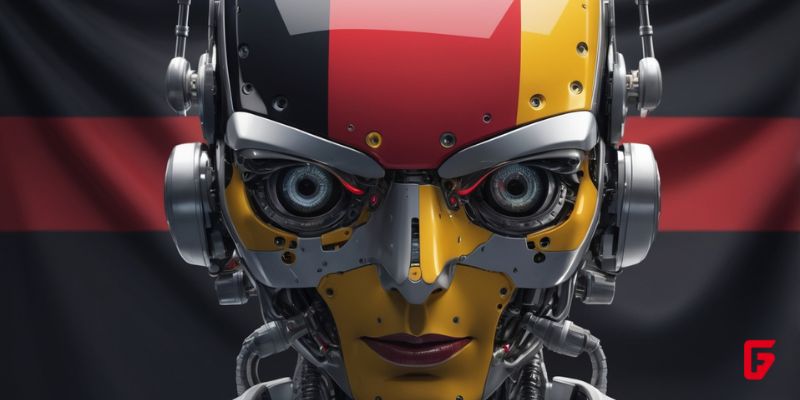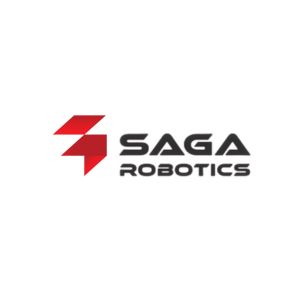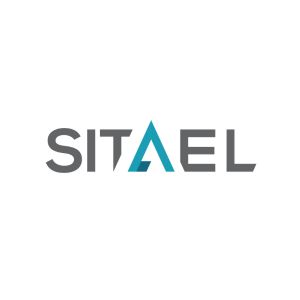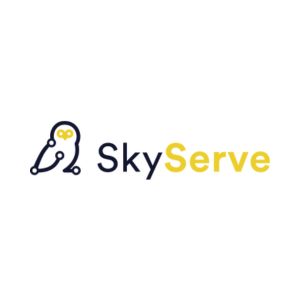Startups & Business News

The robotics world just got a seismic jolt. Genesis AI, a startup founded by Zhou Xian (Carnegie Mellon PhD) and Théophile Gervet (ex-Mistral AI), has emerged from stealth with a massive $105 million seed round co-led by Eclipse Ventures and Khosla Ventures. Their mission? To build a universal robotics foundation model (RFM) and a horizontal platform for general-purpose physical AI—a move that could redefine how machines interact with the real world.
Why Robotics Needs a Universal Foundation Model
Physical labor accounts for a staggering share of global GDP—estimated at $30-40 trillion—but remains 95% unautomated. The bottleneck? Today’s robots are mostly locked into rigid, overfitted software stacks. Industrial arms, for example, are expensive to deploy, hard to scale, and can’t adapt to new tasks without major reprogramming.
Genesis AI wants to break this cycle by developing a foundational model for robots, similar in spirit to what large language models (LLMs) have done for text and language. The goal: create a base model that can power a wide range of robots—across industries and use cases—without the need for task-specific retraining.
The Data Problem: Synthetic Physics to the Rescue
Training AI for robotics isn’t like training an LLM. Robots need to understand and predict the physical world, which means collecting massive amounts of real-world data—a process that’s slow, expensive, and often impractical at scale. Genesis AI’s answer is a proprietary physics simulation engine that generates high-fidelity synthetic data, allowing them to train models faster and more flexibly than competitors relying on off-the-shelf tools like NVIDIA’s software.
This simulation stack, originally developed in collaboration with 18 universities, produces synthetic data at scale and is paired with a real-world data collection system. The result is a closed-loop, data-centric approach that bridges the gap between simulation and reality, giving Genesis AI a unique edge in both speed and data diversity.
What Sets Genesis AI Apart
Full-stack approach: Genesis AI is not just building models; it’s developing the entire data engine, from simulation to real-world collection, to ensure robustness and flexibility.
Open-source ambition: The company plans to open-source parts of its technology, aiming to accelerate progress across the robotics community.
Team pedigree: The founding team brings together talent from Mistral AI, NVIDIA, Google, MIT, and Stanford—an impressive cross-section of AI and robotics expertise.
What’s Next?
Genesis AI’s universal robotics foundation model is slated for release to the broader robotics community by the end of 2025. If successful, this could be the catalyst that finally unlocks scalable, adaptable, and cost-effective automation for physical labor—impacting industries from logistics and manufacturing to healthcare and beyond.
The robotics space is crowded with ambitious startups, but Genesis AI’s data-centric, simulation-first strategy and heavyweight backing make it one to watch as the race for general-purpose physical AI heats up.

futureTEKnow
Editorial Team
futureTEKnow is a leading source for Technology, Startups, and Business News, spotlighting the most innovative companies and breakthrough trends in emerging tech sectors like Artificial Intelligence (AI), Robotics, and the Space Industry.
Discover the companies and startups shaping tomorrow — explore the future of technology today.
Trending Companies
Latest Articles

Cloud Data Migrations in the AI Era – Prepare Smart. Balance Risks. Thrive.
Cloud data migration is more than an IT move—it’s a business transformation. This article guides you through AI-driven strategies to
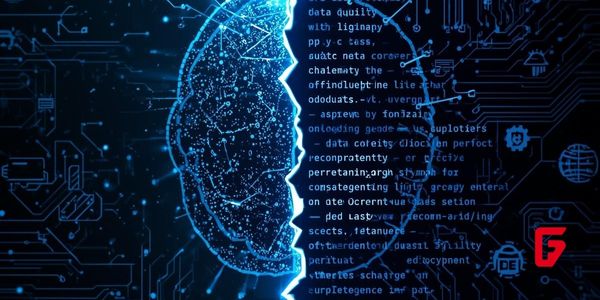
AI Didn’t Fail; Your Data Warehouse Did
After decades in IT project management and business analysis, one truth has stayed constant: when AI projects fail, it’s rarely

Surgerii Robotics Secures $100M Series D Funding Round
Beijing’s Surgerii Robotics lands $100M Series D for SHURUI single-port robot growth. Funding fuels global push in minimally invasive surgery—details
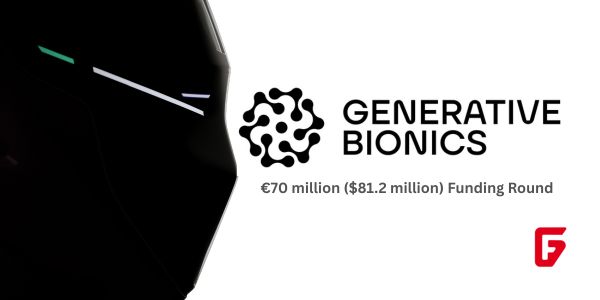
Generative Bionics: The Italian Humanoid Robotics Spin-Out Bringing Physical AI to the Factory Floor
Generative Bionics, an Italian spin-out from IIT, is building Physical AI–powered humanoid robots to tackle labor gaps and modernize industrial

OpenAI vs. Google AI, SpaceX & Blue Origin Race for Space Data Centers, Meta’s AI Pivot, and Robotics Breakthroughs
Stay ahead of AI and space tech wars: OpenAI vs Google AI, SpaceX and Blue Origin’s race for orbital data

10 AI-Driven Supply Chain Optimization Companies to Watch in 2026
This article explores 10 AI-driven supply chain optimization companies to watch in 2026, highlighting how their platforms improve forecasting, logistics,

AWS Frontier Agents: Autonomous AI Coders That Build, Secure, and Run Apps for Days Without Human Oversight
AWS frontier agents introduce a new era of autonomous AI coders that can build, secure, and run applications for days
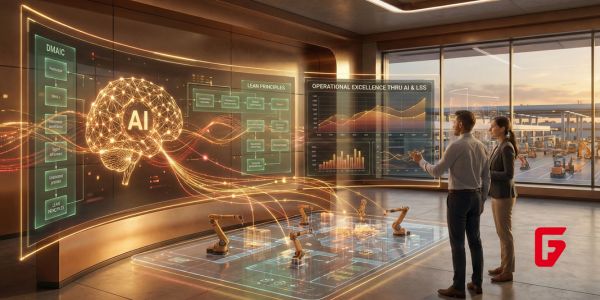
How AI Is Transforming Lean Six Sigma: The New Era of Operational Excellence 2.0
Explore the cutting-edge ways AI is enhancing Lean Six Sigma, from real-time process insights to predictive controls, ushering in a

Top Supply Chain Challenges in 2025 — and How High-Performing Teams Use AI to Solve Them
Facing supply chain challenges in 2025? High-performing teams leverage AI for risk management, demand forecasting, supplier analytics, and end-to-end visibility

How to Build a High-Impact Supply Chain Center of Excellence (CoE):A Blueprint for Operational and Inventory Excellence in the Age of AI
Craft an AI-powered supply chain Center of Excellence that unifies control tower visibility, analytics, and inventory optimization into one strategic
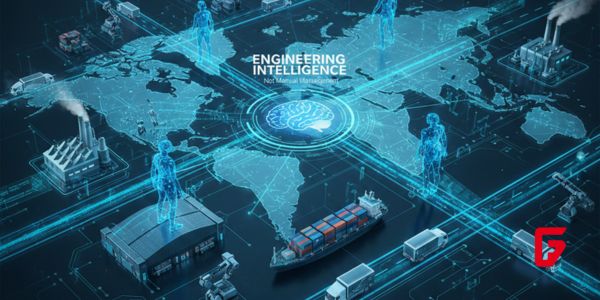
The Future of Supply Chain Leadership: Why the Next Generation Will Engineer Intelligence, Not Just Manage It
Supply chain leadership is being redefined by AI, intelligent automation, and agentic decision-making, demanding leaders who can engineer end-to-end intelligence
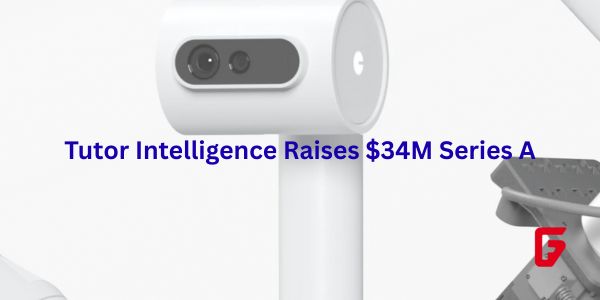
Tutor Intelligence Raises $34M Series A: AI Robots Revolutionizing Warehouse Automation
Tutor Intelligence just landed $34 million in Series A funding. Led by Union Square Ventures, this cash boosts their AI-powered
futureTEKnow is focused on identifying and promoting creators, disruptors and innovators, and serving as a vital resource for those interested in the latest advancements in technology.
© 2026 All Rights Reserved.
